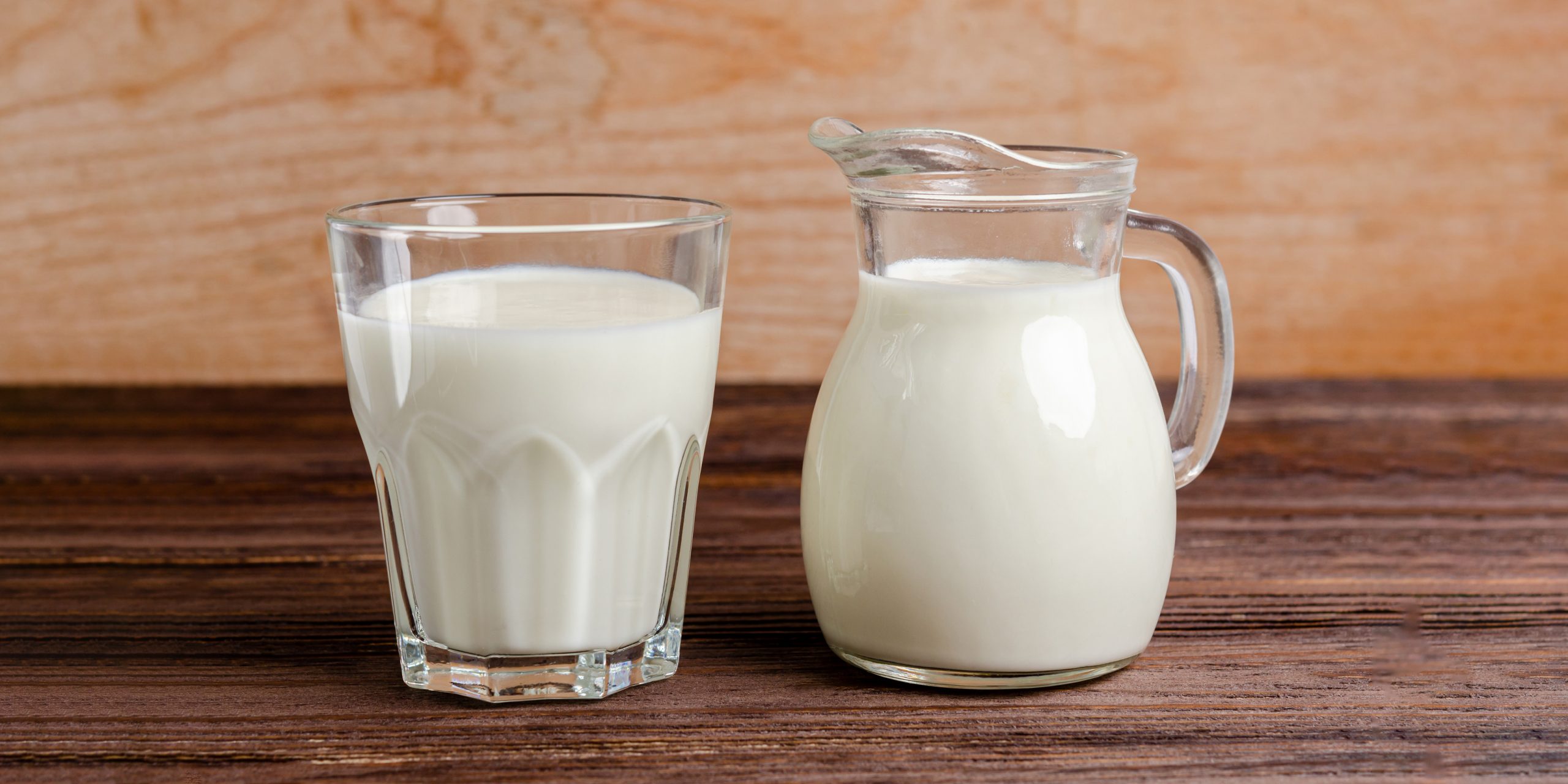
Does milk increase sugar levels?
Milk is often considered an expression of love of a mother for her child that helps to nourish children. While a mother’s love is pure and selfless for a child, so is a mother’s milk.
Milk is often considered a staple diet amongst Indians. While milk is rich in various nutrients the carbohydrate content in the milk may cause a spike in blood sugar levels soon after its consumption. Typically the presence of lactose in the milk is responsible for this spike.
The effect of milk on blood sugar levels is usually minimal and depends on a variety of factors such as the individual’s tolerance for lactose, the amount consumed, and the presence of other foods in the meal.
In this article, we will understand the wonders of milk for diabetes. But first, let us understand if milk is good for people with diabetes or not.
Is milk good for diabetes?
The effect of milk on blood sugar levels in people with diabetes can vary, but generally speaking, moderate amounts of milk can be part of a balanced diet for those with diabetes.
However, it’s important to consider the total carbohydrate content of milk, as well as the serving size and frequency, as part of a comprehensive diabetes management plan.
Milk contains lactose, which is a simpler form of carbohydrate or sugar that may increase blood glucose levels. Milk also contains protein and healthy fats, which can help slow the digestion and absorption of carbohydrates, thereby preventing spikes in blood sugar levels.
Additionally, some studies have shown that calcium, which is found in high amounts in milk, may have a beneficial effect on insulin sensitivity and glucose metabolism. The nutrient-rich beverage, toned milk is good for people with diabetes when taken in moderation.
Nevertheless, it is crucial to understand that people having diabetes may show different responses to milk and other dairy products While some people with diabetes may What is the nutritional value of milk?
The nutrition value of 1 cup (150ml) toned cow milk is:
Calories: 102
Protein: 9 gms
Sugar: 12.5 gms
Fat (saturated): 1.5 gms
Fat (monounsaturated): 0.7 gms
Fat (polyunsaturated): 0.1 gms
Calcium: 305 mg
Phosphorus: 366mg
Fiber: 0 mg
Milk is a nutritious beverage that is rich in several essential vitamins and minerals. Some of the key nutrients found in milk include:
- Calcium: Essential for strong bones and teeth, calcium also plays a role in blood clotting, muscle contraction, and nerve function.
- Protein: Milk is a good source of high-quality protein, which is essential for building and repairing tissues.
- Phosphorus: Helps build strong bones and teeth and plays a role in the production of energy.
To know your chances of Diabetes reversal, take the Diabetes Reversal TestDiabetes Reversal
Calculator
In addition to these key nutrients, milk also contains smaller amounts of other vitamins and minerals, including Vitamin A, Vitamin B3, Vitamin D, Vitamin B12, zinc, magnesium, and folate. The nutritional content of milk also varies depending on factors like the cow’s diet and the processing method used.
Let us now understand the glycemic index of milk.
What is the glycemic index of milk?
The glycemic index is the measure of value assigned to foods on how quickly they can cause a surge in blood glucose levels. Foods having low GI tend to release glucose slowly. Food with low GI often helps in losing weight.
Generally, the Glycemic index of milk is 37±4. The low glycemic value indicates that milk generally does not cause a sudden upsurge in blood glucose levels.
What are the health benefits of milk for diabetes?
Some of the advantages of milk for people with diabetes include:
1. Low glycemic index
Since milk has a low glycemic index, it has a minimal impact on blood sugar levels. A low GI reduces the risk of a sudden upsurge in blood glucose levels.
2. Nutrient-rich
Milk is a rich source of protein, calcium, vitamins D and B12, and other essential nutrients. These nutrients are essential for overall health and well-being.
3. May improve insulin sensitivity
The presence of calcium in the milk helps in improving insulin sensitivity. The ability of milk to improve insulin sensitivity may help in regulating blood sugar levels.
4. Good source of hydration
It is crucial for people with diabetes to stay hydrated to manage their blood sugar levels efficiently. Milk has high fluid content that can help in hydration.
Milk has benefits for both people having diabetes and non-diabetic people. However, you must be watchful about what type of milk you are consuming. While toned milk is healthy for people with diabetes, full-cream milk can shoot up blood sugar levels.
What is the best type of milk for diabetes?
People with diabetes must keep an eye on the amount and type of milk they are consuming.
Consuming excessive milk or high-fat content milk can affect blood glucose levels and can pose cardiovascular risks. Generally, low-fat milk, and unsweetened plant-based milk like almond or soy milk, are considered to be good options. Low-fat milk and plant-based milk have low-fat content which can help in regulating blood sugar levels.
Also, before purchasing plant-based milk you must check the labels for added sugar.
Reduced HbA1c by HALF in 6 months


6.6%
Happy members
EMI
Guarantee
4.8/5
Diabetes Prime Program
Is milk at night good for diabetes?
While toned milk has several advantages for people with diabetes, one must consider consuming milk at night after dinner. Care must especially be taken to ensure that your dinner was not carbohydrate rich which can shoot the blood sugar levels.
Generally, it is advisable to consume non-starchy vegetables and lean proteins, and healthy fats at night to reduce carbohydrate intake. Adding a glass of milk to this diet can make the diet more wholesome and balanced.
FitterTake
The impact of milk on blood sugar levels can vary depending on several factors, like:
- Activity level
- Calorie intake
- Amount of fats and carbohydrates consumed
- Intake of other dairy products
While milk is a healthy food option you must ensure to consume toned milk in moderate quantities. Also, you must avoid sweetened milk or milk with high-fat content.
By efficiently managing your diet you can avoid developing any diabetes-related complications. If you are facing any issues in managing your blood sugar levels do not worry.
If you are looking for a trusted and scientifically proven diabetes control program, Fitterfly’s Diabetes Care Program is your answer. Our experts at Fitterfly can help you make a proper diet plan. Not just that, they will also guide you completely on exercises and stress management.
If you have any more questions about the consumption of milk for diabetes, please feel free to contact us.
experience a spike in blood sugar levels after consuming milk others may not.
This blog provides general information for educational and informational purposes only and shouldn't be seen as professional advice.




















